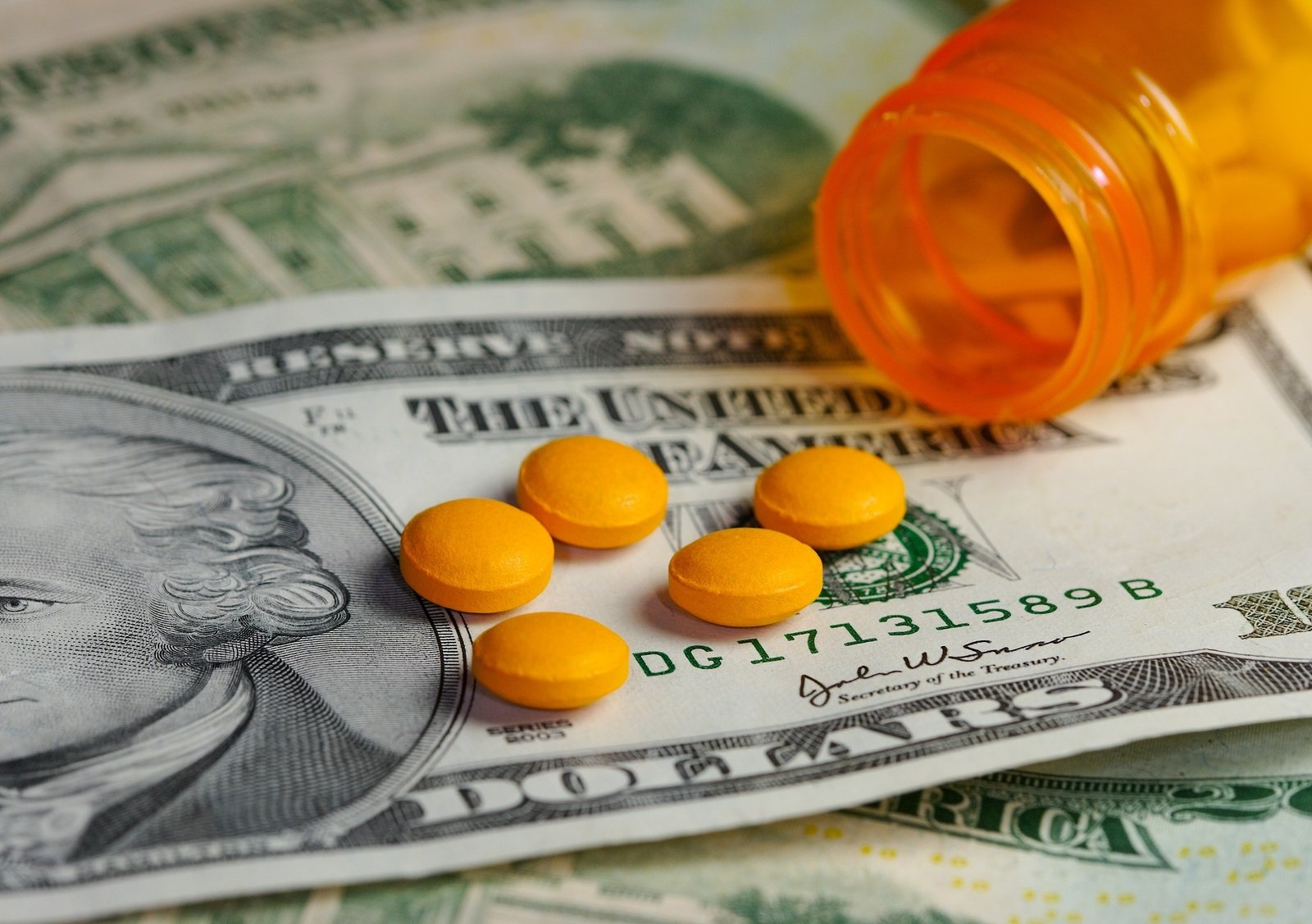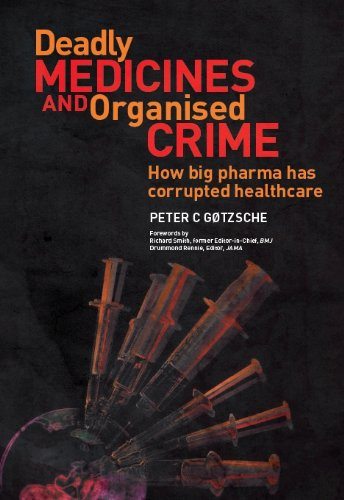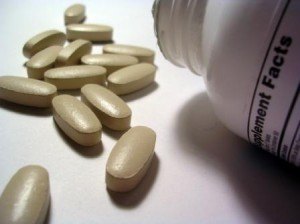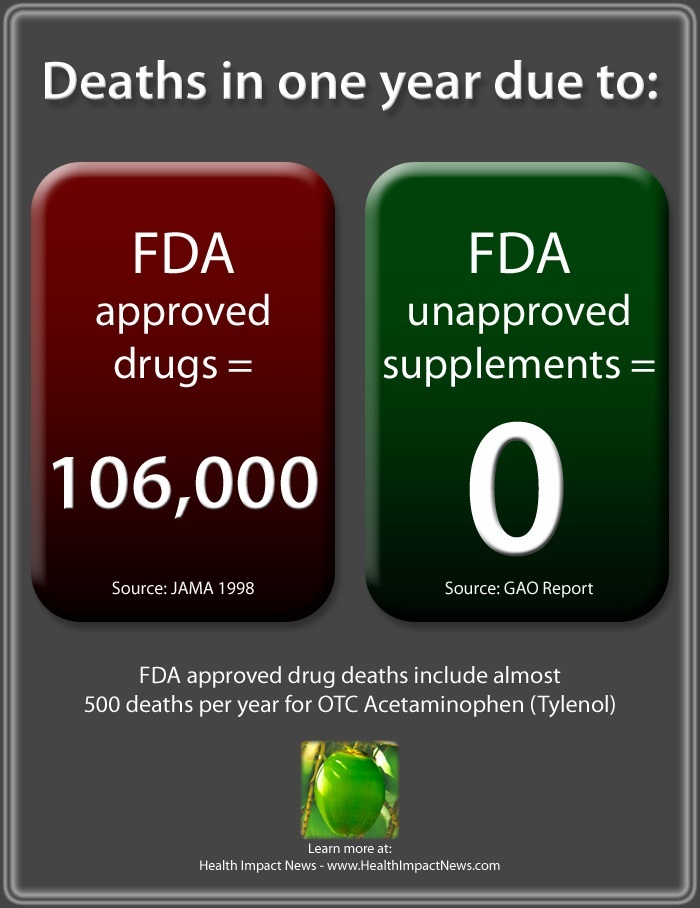No Rest for Psycho-Pharma Until Every American is Drugged
With nearly 79 million Americans currently taking at least one mind-altering psychiatric drug, it boggles the mind that a May 13, 2014 USA Today article titled, “The cost of not caring: Nowhere to go,” would argue that the nation is somehow suffering from a lack of mental health treatment. According to the article, “More than half a million Americans with serious mental illness are falling through the cracks of a system in tatters.” Based on the fact that one in four Americans is taking at least one psychiatric drug, it seems the psycho-pharmaceutical industry will not be satisfied until every American is under the influence of pharmacological “treatment”. The real force behind the article is the push to increase mental health screening, which is part of Representative Tim Murphy’s (R-Pa) controversial legislation (H.R. 3717). The Helping Families in Mental Health Crisis Act of 2013, not only creates a new mental health czar, but it also increases spending for mental health training, screening, awareness campaigns and court-ordered treatment—up to a whopping $270 million a year. And this taxpayer mental health financial benevolence is expected without any data to support that even one psychiatric disorder is based in science. Worse still, nowhere in the article is mention made of the known serious adverse reactions to the psychiatric drugs commonly used as treatment.













